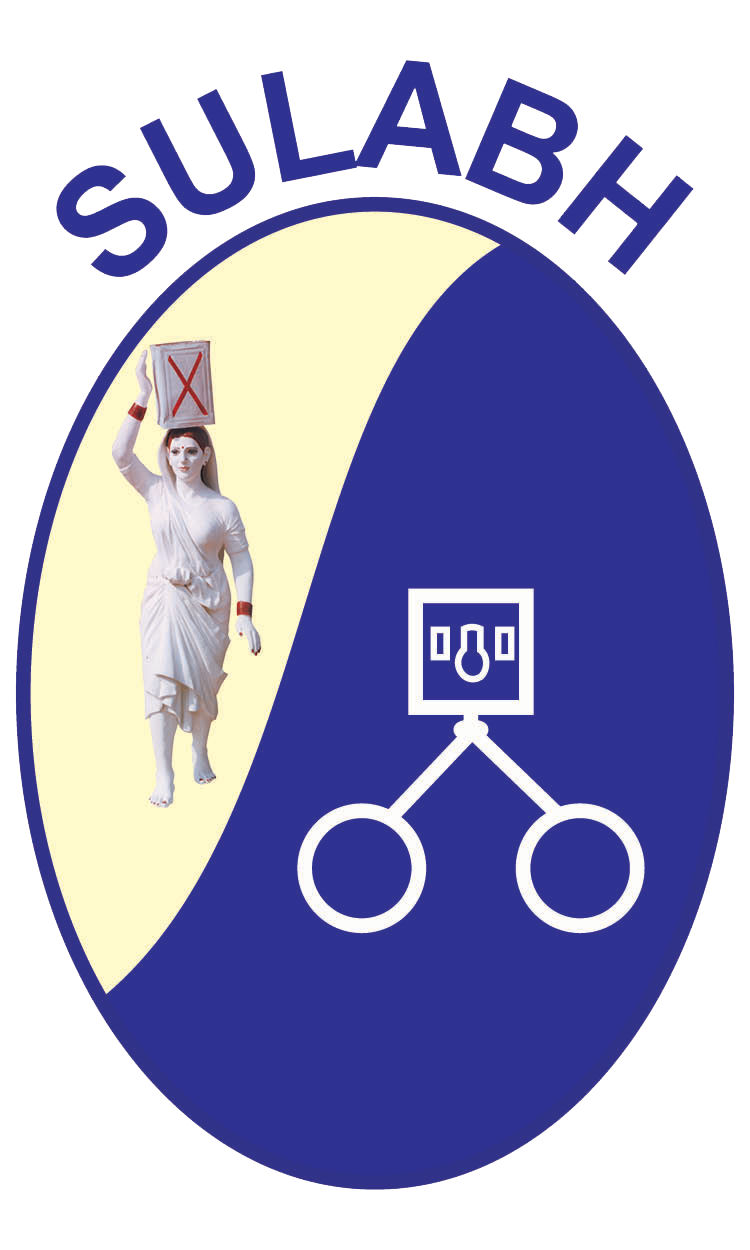Besides governments, there are many other non-profit organizations seeking to alleviate some of the world’s problems caused by poor sanitation. Through the WTO, I met another impressive social entrepreneur, Dr Bindeshwar Pathak, founder of the Sulabh International Social Service Organization. Sulabh builds affordable, eco-friendly and hygienic toilets in rural and urban India. It is the largest nongovernmental organization in India. More than 10 million people use a Sulabh toilet daily. Unfortunately, this is literally a drop in a cistern for a country with a population of 1.1 billion people and where 65 per cent still defecate in the open.




